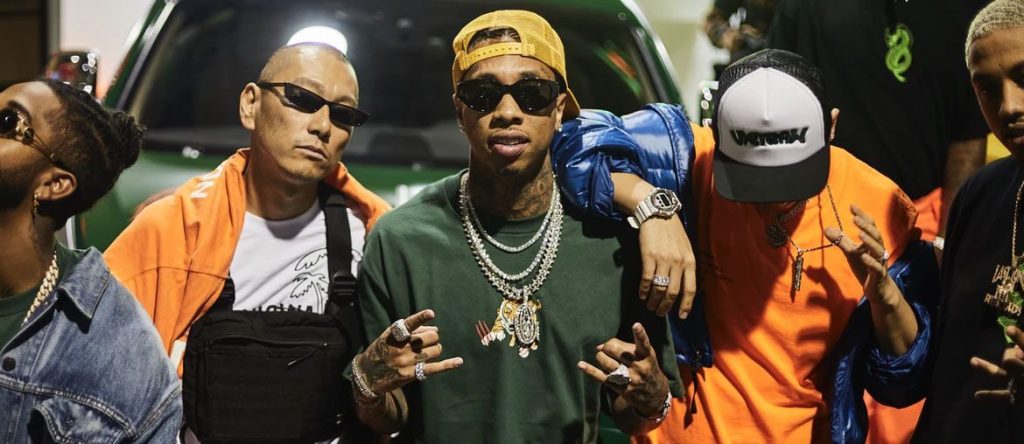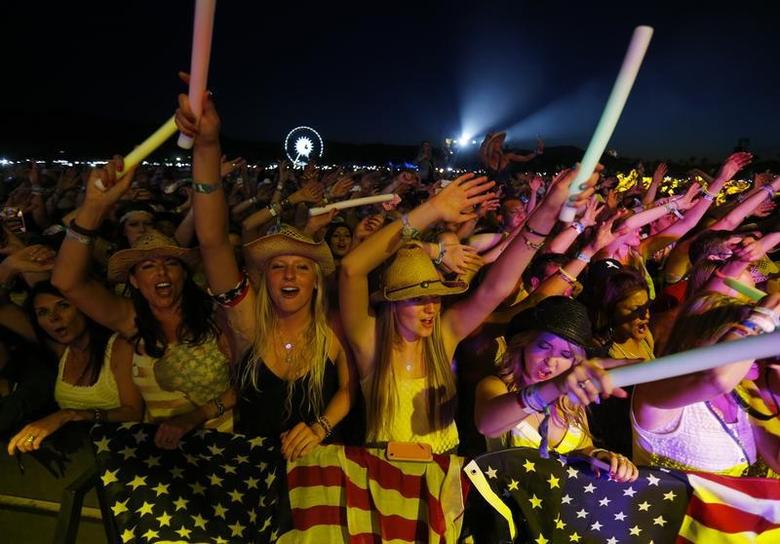The term identity can encapsulate many definitions. It all depends on the context in which it is used. For the purpose of this discussion, a quick Google search reveals that identity can be defined as, “A set of physical, psychological, and interpersonal characteristics that is not wholly shared with any other person and (b) a range of affiliations (e.g., ethnicity) and social roles.” Identity serves as a reflection of your beliefs, values, and yes, even your musical tastes and preferences.
How do you view yourself through the music you prefer, appreciate, enjoy, and love? According to Thompson (2014), it is a fluid process: one that can ebb and flow based on your thoughts and experiences. For example, it is well known that people can often listen to the music of their youth for their entire lives, but as we mature, our musical identities can change. It all depends on how, or if, we allow it to change.
From my own perspective, I listened to many different types of music when I was younger, and once I made a conscious decision to return to college in my early 30s, my musical identity continued to change. While the musical identity I developed in my youth (e.g., The Beatles, The Stones, and The Who) will always ebb and flow for me, I also started to identify with jazz. Miles Davis, Lee Morgan, and Chet Baker became part of my daily listening. I also drifted towards the musical stylings of John Coltrane and Arnold Schoenberg. I was studying to be a music teacher and playing my trumpet again. I wanted to be challenged, musically. In turn, my musical identity continued to evolve. It was all great fun, and to be fully aware of my own musical identity is a true a gift of knowledge.
I have always been fascinated with the social aspects of musical identities shared among adolescents. Specifically, how they use music to identify their roles within their own cultures and subcultures. Consider the following picture:

There is no subtly, here. These gentlemen are fans of heavy metal. With their favorite bands emblazoned on their black t-shirts. they are proud of their musical identities. I respect their passion for music. I can also can say the same about the next two pictures.


All three groups express their musical identity by the way they dress, the way they speak, the way they act, and who they choose as friends. The power music plays in defining who we are is incontrovertible. Whether it’s the hippies of the sixties, the disco fans of the seventies, the valley girls of the eighties, the grunge and hip-hop cultures of the nineties, and so forth, a good part of their social make up revolves around musical identity.
With today’s technological advances, such as (a) computers, (c) cell phones, (c) apps, (d) software, (e) the internet, and (f) streaming services, new musical subcultures will continue to form (and perhaps fragment) within the sociological framework of our society. Such change is part of our evolution, but our musical identities will continue to help define who we are. How cool is that? Please feel free to comment, share your thoughts, and be part of the conversation.
References
Thompson, W. F. (Ed.). (2014). Music in the social and behavioral sciences: Anencyclopedia (Vols. 1-2). Thousand Oaks, CA: Sage.

